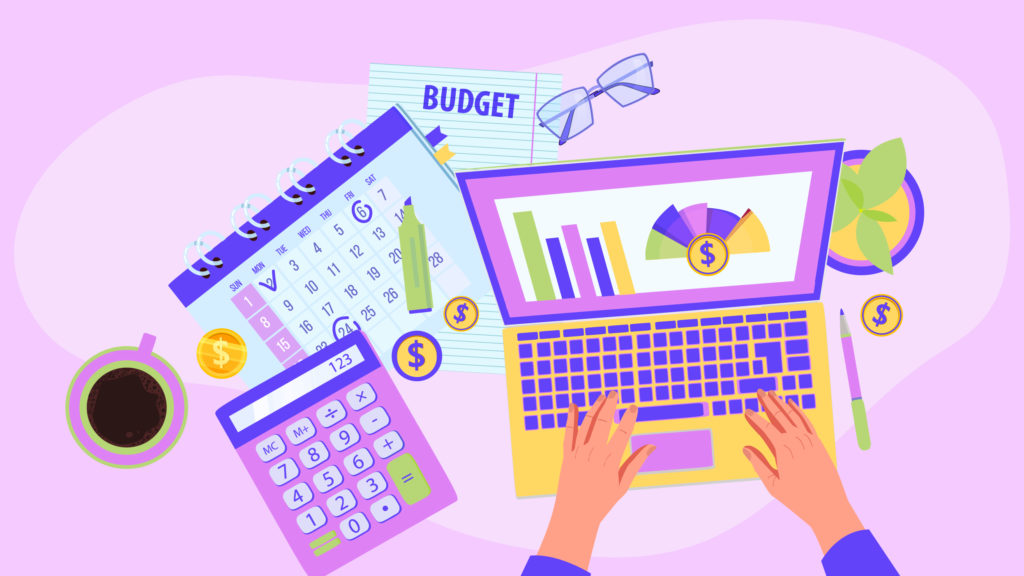[email-subscribers-form id=”2″]
Planning ahead with money
Planning ahead with money
Many of our unexpected expenses aren’t so much unexpected as they are unplanned. When you become aware of an event or situation that is on the horizon, be sure you are planning for the related expense.
If you’ve been invited to an event, such as a birthday or wedding, if it’s been a while since you last saw the dentist, or you’ve taken your dog to the vet, then put it on your list so you can start to plan for it.
Keep a list of any further anticipated expenses. Keep a physical list in your wallet or handbag, create a note or memo on your phone or computer of all the expenses that you will need to address in the future. Every time you think of something add it to your lists.
The more you get used to thinking ahead and making of a note of what’s coming up, the fewer things that will “pop up” throughout the month.
A few common expenses that may come up include:
- Medical expenses;
- Prescriptions;
- Doctors and Dentist bills;
- Unplanned education costs;
- Vet bills and animal care;
- Membership renewals;
- Car maintenance and registration;
- Home maintenance and repairs;
- Weddings, birthdays, and social events; and
- Interest rate increases.
Planning for things helps to take the uncertainty out of them and supports you to better prepare and manage them. Budgeting is that planning tool.










